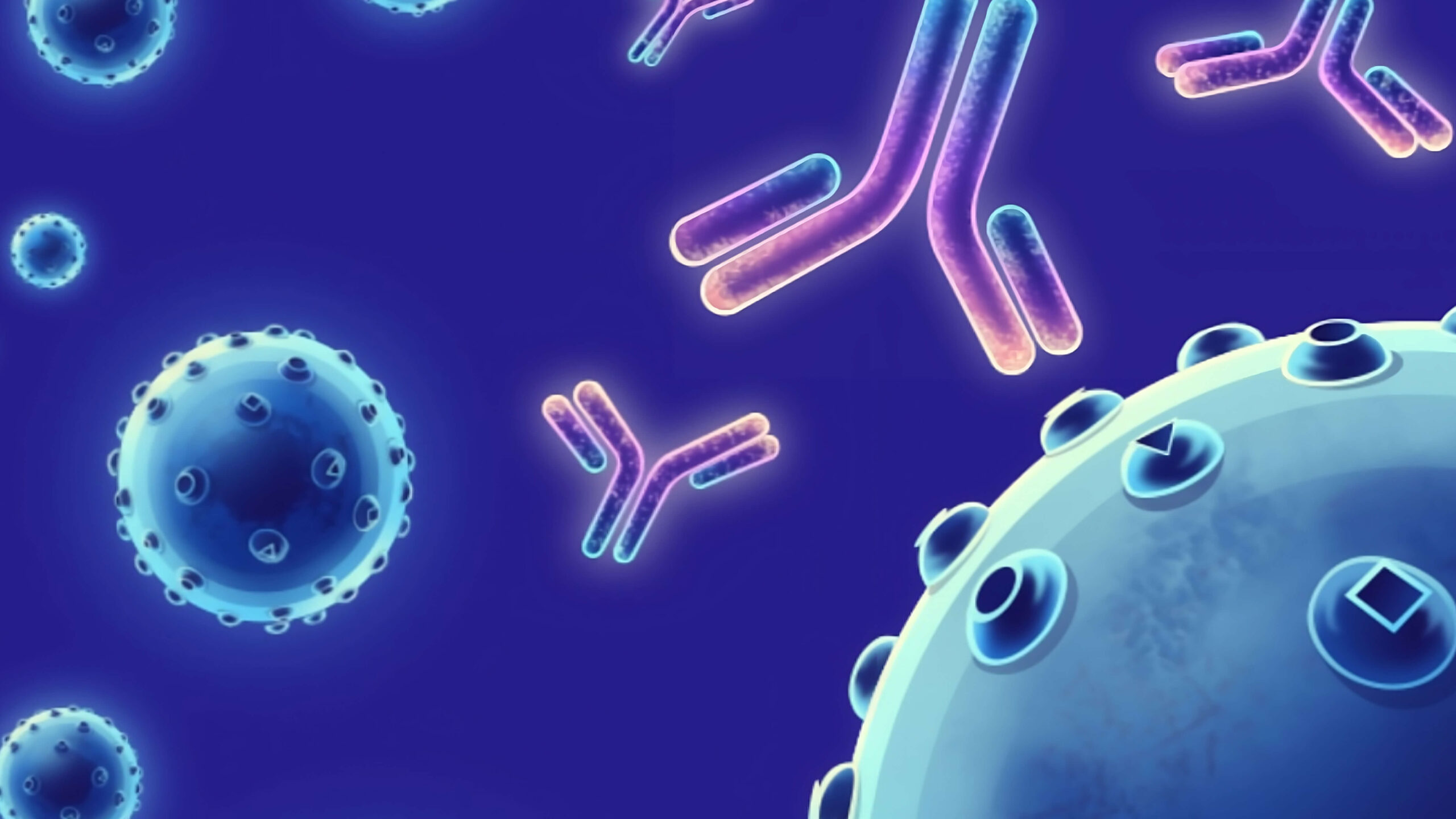Description
Endothelial protein C receptor (EPCR), also known as activated protein C receptor (APC receptor) or PROCR, is a receptor for Protein C. Protein C plays an important role in many metabolism processes in humans and other animals after activated by binding to Endothelial protein C receptor (EPCR). Because of the EPCR is found primarily on endothelial cells (cells on the inside of blood vessels), activated protein C is found mainly near endothelial cells. Protein C is pleiotropic, with two main functions: anticoagulation and cytoprotection. Which function will be performed depending on whether or not protein C remains bind to EPCR after activated. The anticoagulation occurs when it does not. In this case, protein C functions as an anticoagulant by irreversibly proteolytically inactivating Factor Va and Factor VIIIa, turning them into Factor Vi and Factor VIIIi respectively. When still bound to EPCR, activated protein C performs its cytoprotective effects, acting on the effector substrate PAR-1, protease-activated receptor-1. To a degree, APC's anticoagulant properties are independent of its cytoprotective ones, in that expression of one pathway is not affected by the existence of the other.
Target
PROCR
Target Alias Name
PROCR
Isotype/Mimetic
Rabbit IgG
Animal-Derived Biomaterials Used
No
Sequence Available
No
Original Discovery Method
Phage display technology
Antibody/Binder Origins
Animal-dependent discovery (in vitro display, OR immunisation pre-2020), In vitro recombinant expression

